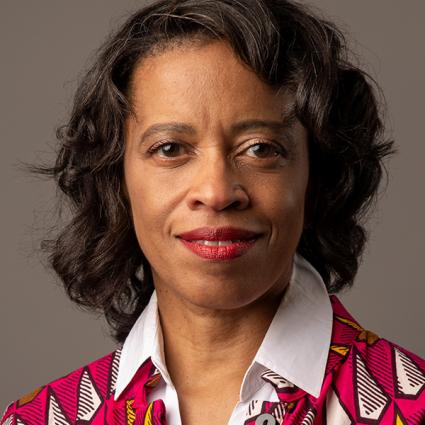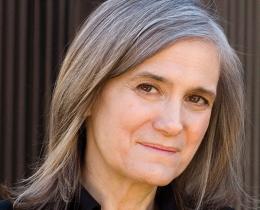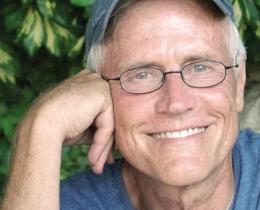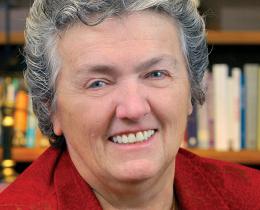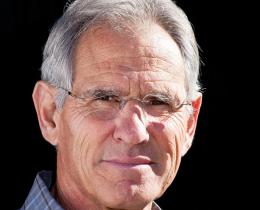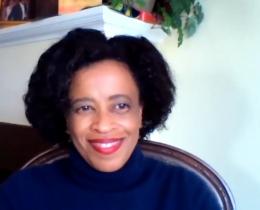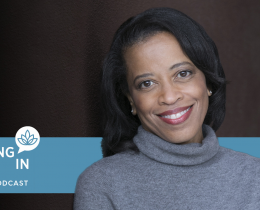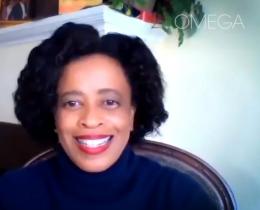Rhonda V. Magee, JD, MA, a Fellow of the Mind and Life Institute, is professor of law at the University of San Francisco and an internationally recognized teacher of mindfulness-based interventions for personal transformation and social justice. A former practicing lawyer, she is chair of the board of the Search Inside Yourself Leadership Institute.
She serves or has served as advisor, lecturer, or guest teacher on behalf of numerous mindfulness-based organizations, including the Center for Mindfulness at UMASS, Mind and Life Institute, the Holistic Life Foundation, the Center for Contemplative Mind in Society, the Engaged Mindfulness Institute, and the Brown Mindfulness Center.
A contributor to Mindful.org, she is author of “Contemplative Practices and the Renewal of Legal Education” in the book New Directions in Teaching and Learning: Contemplative Studies in Higher Education. She is also the author of “Educating Lawyers to Meditate?” published in the University of Missouri-Kansas City Law Review.
She has served on the board of directors of a number of other organizations, including the Center for Youth Development Through Law, the National Coalition Against Crime and Delinquency, Asian Pacific Islander Legal Outreach, and the Humanizing Legal Education Section of the American Association of Law Schools.
While in law school, Magee’s interest in restorative justice, reconciliation, and the contemporary effects of unredressed historical wrongs led her to publish an article in the Virginia Law Review on the subject of the African-American reparations, “The Master’s Tools, From the Bottom Up: African American Reparations Theory in Mainstream and Outsider Remedies Discourse.” It was one of the earliest treatments of the topic in a mainstream legal scholarly journal.
Rhonda V. Magee is dedicated to exploring the inter-relationships between law, philosophy, and notions of justice and humanity, with a commitment to listening to, and retelling the stories of, the impact of law on the lives of traditionally marginalized and subordinated people.
